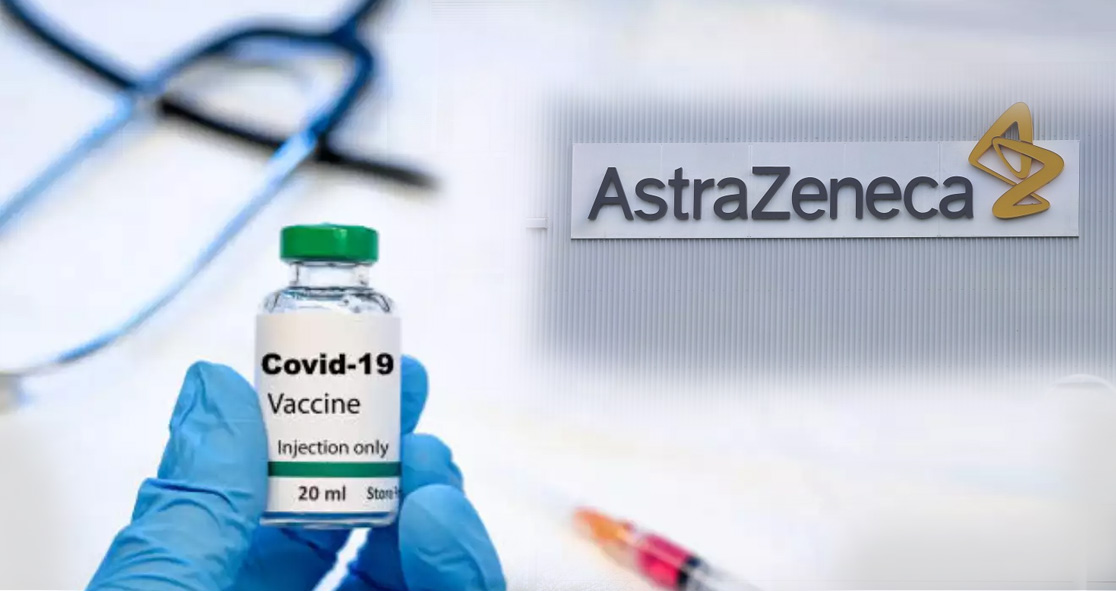On Wednesday, British-Swedish multinational pharmaceutical AstraZeneca said one of the sick participants of their trial has not officially been diagnosed with transverse myelitis, a rare neurological condition.
The participant got sick during the Phase III trials of an experimental coronavirus vaccine, led by AstraZeneca and Oxford University, promoting officials to halt the trails over safety concerns.
Multiple outlets reported that the woman was diagnosed with transverse myelitis, an inflammation of the spinal cord – a major part of the central nervous system, during the trials.
However, a spokesperson for AstraZeneca told CNBC that while the trial was halted, the woman has not been officially diagnosed with the disorder.
During a private conference call with investors, AstraZeneca said the reports had misinterpreted comments by its CEO, Pascal Soriot.
The spokesperson said, “He [Soriot] stated that there is no final diagnosis and that there will not be one until more tests are carried out. Those tests will be delivered to an independent safety committee that will review the event and establish a final diagnosis.”
The participant was hospitalized due to her condition but has now been recovering and could be discharged as soon as Wednesday, according to CNBC.
AstraZeneca also said that the trial was once “briefly paused” in July because one participant was found to have an undiagnosed case of multiple sclerosis.
The spokesperson went on to say, “We can also confirm that there was a brief trial pause in July while a safety review took place after one volunteer was confirmed to have an undiagnosed case of multiple sclerosis, which the independent panel concluded was unrelated to the vaccine.”
Earlier, AstraZeneca explained that such suspensions were “routine” during large trials and that it would “maintain the integrity of the trials.”
Researchers across the globe are in a race to develop a safe and effective vaccine amid the coronavirus pandemic. Two other Phase III clinical trials for coronavirus vaccine candidates – one led by Moderna/NIH and other by Pfizer/BioNTech – started in July, enrolling nearly 30,000 participants in each trial.





















